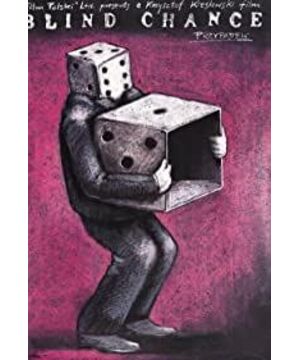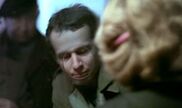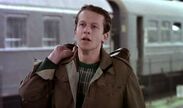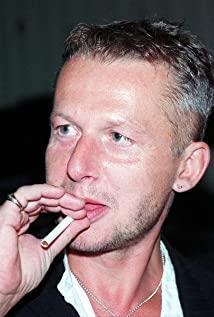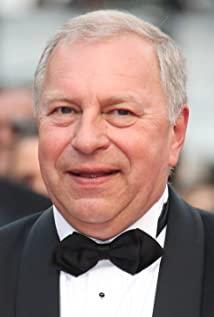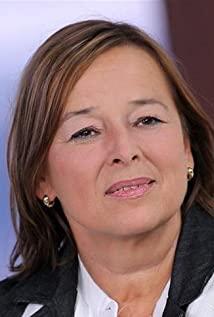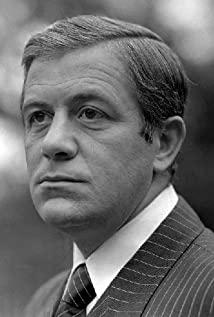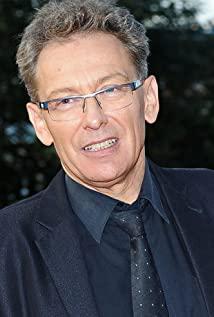"BLIND CHANCE has earned its name more for its political compliance and narrative gimmick than for its own worth."
BLIND CHANCE was shot in 1981, but its release had been mothballed by Poland's authoritative censorship for almost 6 years. Kieslowski's situationist outlook envisages three different routes for our protagonist Witek (Linda, blending his wide-eyed responsiveness with a patina of malleability), a young medical school student in Lodz, who shares the same birthday if not the same year with Kieslowski himself, which smacks of an metatextual reference, and in the end of the day, Witek is saddled with the same disillusioned outcome, Paris is his Fata Morgana , no way out for him, whether going left, right or settling for the middle road.
The film starts with Witek's scream and Kieslowski's camera dives throat deep (which will be justified by the ending), followed by a grisly montage of some unspecified atrocity (which transpires as a dark turn of events bearing on a hospital sit-in), thena collage of snippets of Witek's earlier years, introducing his father, his first lover Czuszka (Pawelec), a fellow student Olga (Gozdzik) among others. Triggered by the death of his father, Witek decides to put his academic pursuit on hold and catches a train to Warsaw, and Kieslowski visualizes three scenarios predicated upon whether or not he catches the said train in the last minute.
The first one sees him catch the train and fetch up in the abode of an old Communist Werner (Lomnicki), through whose influence, Witek joins the party and rises through the ranks under the aegis of Adam (Zapasiewicz), a senior party member, falls in with Czuszka, who is associated with some underground university movement that runs afoul of the regime, manifold disappointments ensue, and his mission to Paris eventually scraps after falling out with Adam because of Czuszka's arrest.
On both the second and third occasions, Witek fails to catch the train, in the former, he ends up partaking in an anti-Communist organization, still loses grip of his bearings and his loyalty is challenged in the end; whereas in the latter, he meets Olga on the platform and resumes his medical studies, the pair ties the knot and begets a son, politically Witek opts for the neutral stance, eventually he boards the airliner to Paris, however, Kieslowski rams home that irrelevant of political leanings, the destination (aka. a fairer society) is roundly beyond anybody's reach, an explosion links back to the silent scream in the film's opening, a pessimistic catharsis complies with the western monomania of sounding the death knell of any Communist regime.
In the main, to this reviewer's lights, BLIND CHANCE has earned its name more for its overtly political message of inescapable despondency and a gimmicky narrative approach, than the film's own virtue as an enthralling piece of wonderment, cinematic flourishes are in deficiency (barring several interesting metaphors) in this faintly listless personal agitprop.
referential entries: Kieslowski's THREE COLORS: BLUE (1993, 8.2/10); Krzysztof Zanussi's THE STRUCTURE OF CRYSTAL (1969, 7.6/10).
View more about Blind Chance reviews


